Herbert James Draper, “Ulysses and the Sirens.” Oil on canvas. 1909
Mythology, with its various interactions among gods, mortals, and monsters, often expresses a culture’s most fundamental beliefs about the world and what it means to be human. This course examines several different mythological systems and asks how the cultures that developed these systems constructed the world, particularly as they wrestled with man’s place in it, resting as it does, uncomfortably, somewhere between the realms of the immortal and the bestial or monstrous. Students will undertake close readings (in English) and participate in discussions of extensive selections from the following epics: Gilgamesh (Mesopotamian), the Iliad and Odyssey (Greek), the Táin (Irish), Beowulf (Anglo-Saxon), and the Poetic Edda (Norse).
The course will consider these works in their cultural and historical contexts as well as in comparison with one another, giving students a better understanding not only of the mythological systems from which they came, and their answers to the question of what it means to be human, but also of how mythology and epic ‘work’. Special consideration will be given to various comparative approaches to mythology, as well as to the nature of oral poetry in preserving and transmitting mythological knowledge. We will ask what it means for a culture and for the mythology when an oral tradition is written down, as happened at some point with all of these works.
Visits to the British Museum to see the Epic of Gilgamesh tablets, and to the British Library to see the Bankes Homer papyrus and Beowulf manuscript, will form part of our overnight study trip to London.
Professor: Nicholas Gresens, Associate Professor of Instruction, Classics, University of Rochester, nicholas.gresens@rochester.edu

